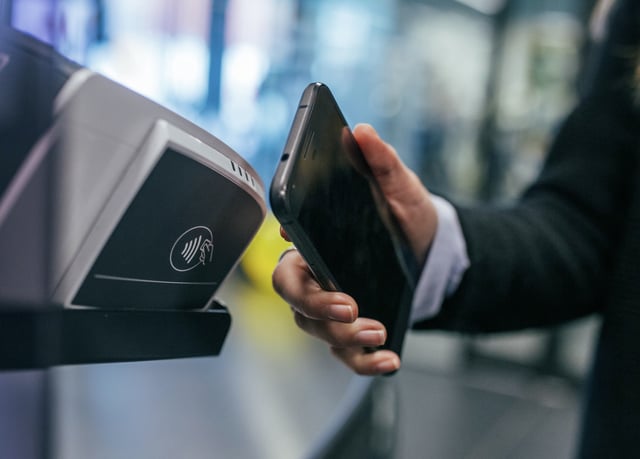Overview
- The transition to cashless payments in the UK since 2012 has led to fewer coins in households, contributing to a 29% reduction in surgeries for children swallowing or inserting objects between 2012 and 2022.
- Coins historically accounted for over 75% of ingested objects by children under six, making their reduced presence a significant factor in the decline.
- The Royal College of Surgeons of England highlighted the unintended health benefits of societal changes, noting that fewer surgeries have eased pressure on NHS resources.
- Healthcare professionals warn parents to remain vigilant about other hazardous items, such as button batteries and magnets, which continue to pose serious risks.
- The findings underscore how lifestyle shifts, like the adoption of cashless payments, can have broader implications for public health and resource allocation.

